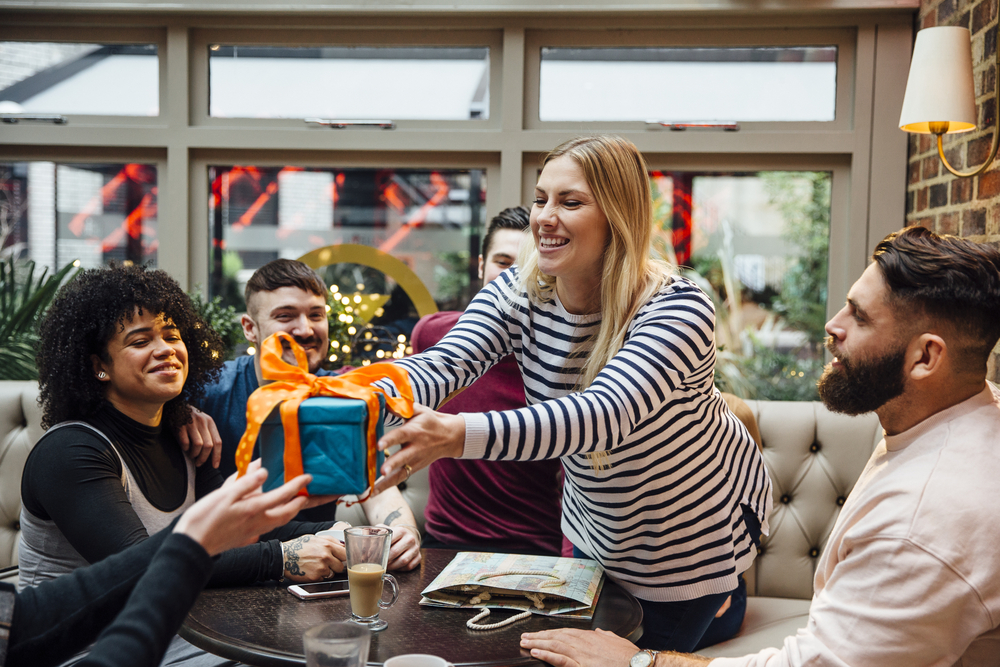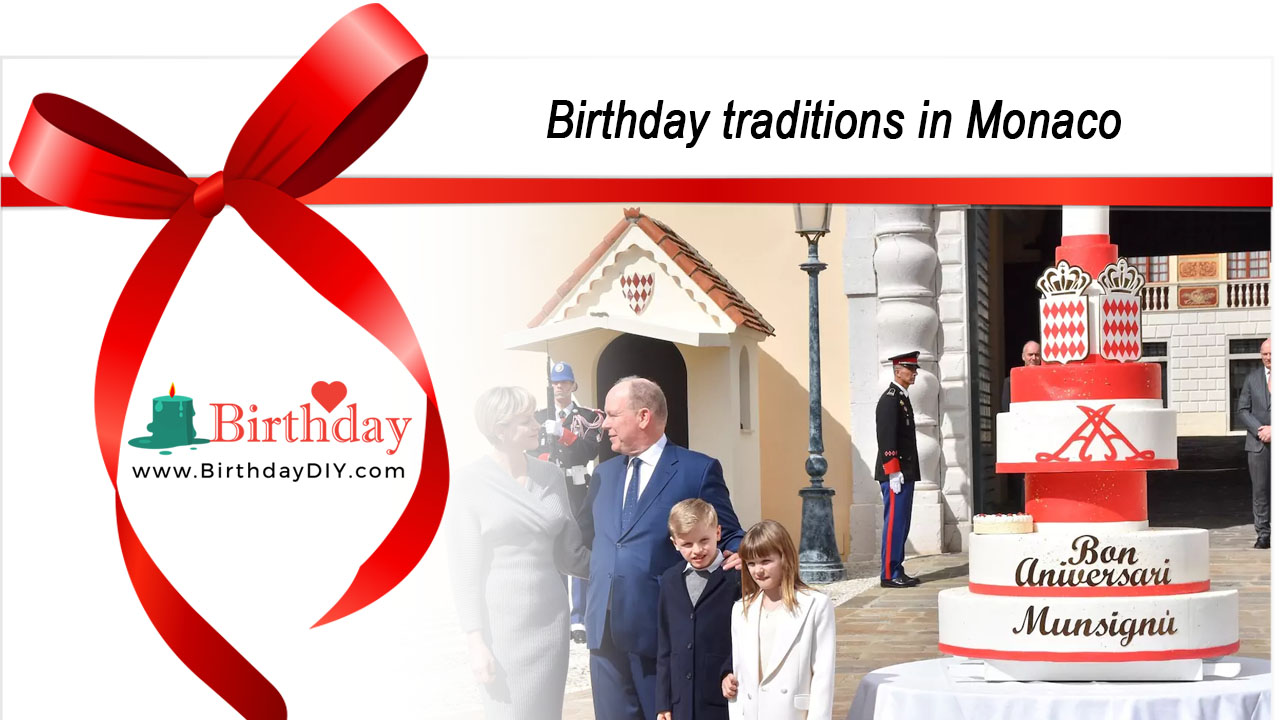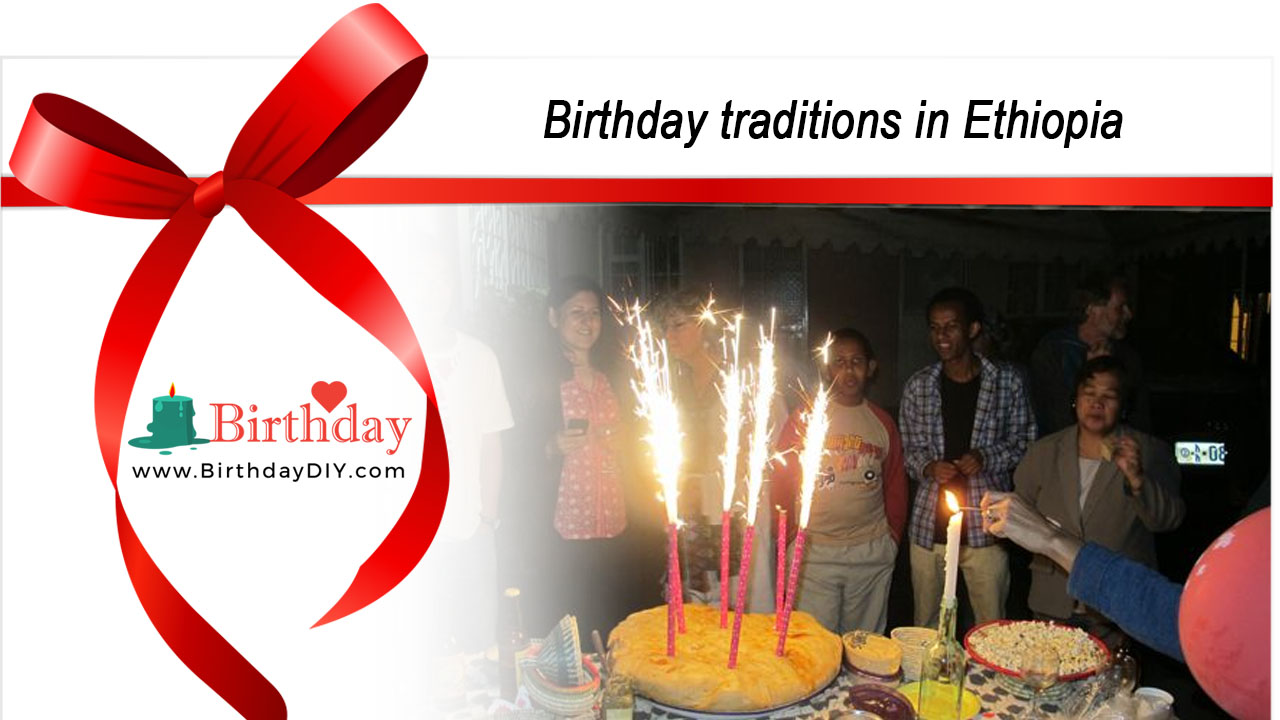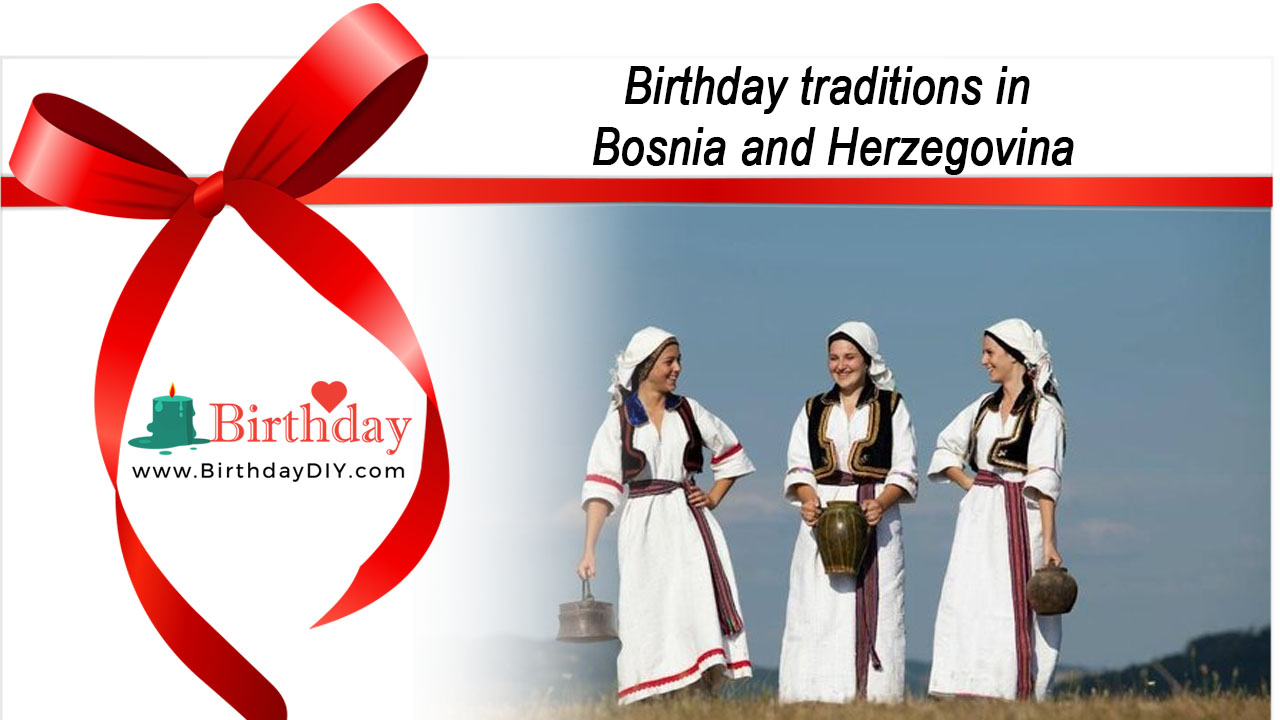Birthdays are a big deal universally, but if you think blowing out candles and slicing a cake is the norm everywhere, think again! The Dutch have a quirky and delightful way of celebrating birthdays, which is both charming and fascinating. Let’s dive into the world of Dutch birthday traditions and see what makes them so special.
Dutch Birthday Traditions: A Fun Dive into the Netherlands’ Unique Celebration Styles
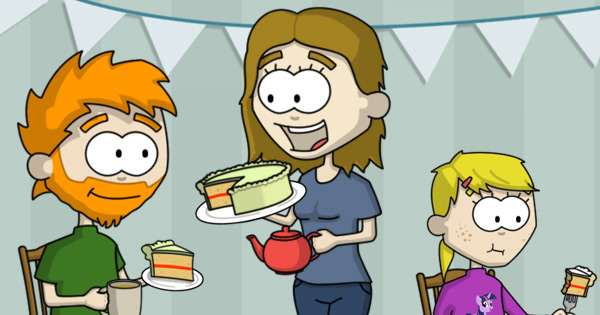
The Dutch Circle Party
One of the most iconic Dutch birthday traditions is the “circle party”. Imagine walking into a room and seeing everyone seated in a perfect circle, chatting away while sipping coffee and nibbling on cake. Sounds like a scene from a movie, right? Well, in the Netherlands, it’s a reality.
Why Circles?
The circle setup promotes conversation and inclusivity. Everyone gets to see and talk to each other, making it a cozy and intimate gathering. Plus, it’s a great way to keep an eye on who’s hogging the snacks!
The Essentials
At a typical Dutch circle party, you’ll find:
- Coffee and Tea: The Dutch love their hot beverages. Expect endless refills.
- Cake: Usually homemade and served in small slices. Don’t expect a grand three-tiered cake; simplicity is key.
- Savory Snacks: Cheese, sausages, and other finger foods to balance out the sweetness.
Congratulations to All
In the Netherlands, birthdays aren’t just about the birthday person. Oh no, it’s a communal celebration. When you arrive at a Dutch birthday party, you’ll congratulate not only the birthday person but also their family and close friends. It’s like spreading the joy to everyone involved.
How to Congratulate
Here’s a handy list of whom to congratulate:
- Birthday Person: “Gefeliciteerd met je verjaardag!”
- Parents: “Gefeliciteerd met je zoon/dochter’s verjaardag!”
- Siblings and Close Friends: “Gefeliciteerd!”
It’s a bit like Christmas, where everyone gets a piece of the festive spirit.
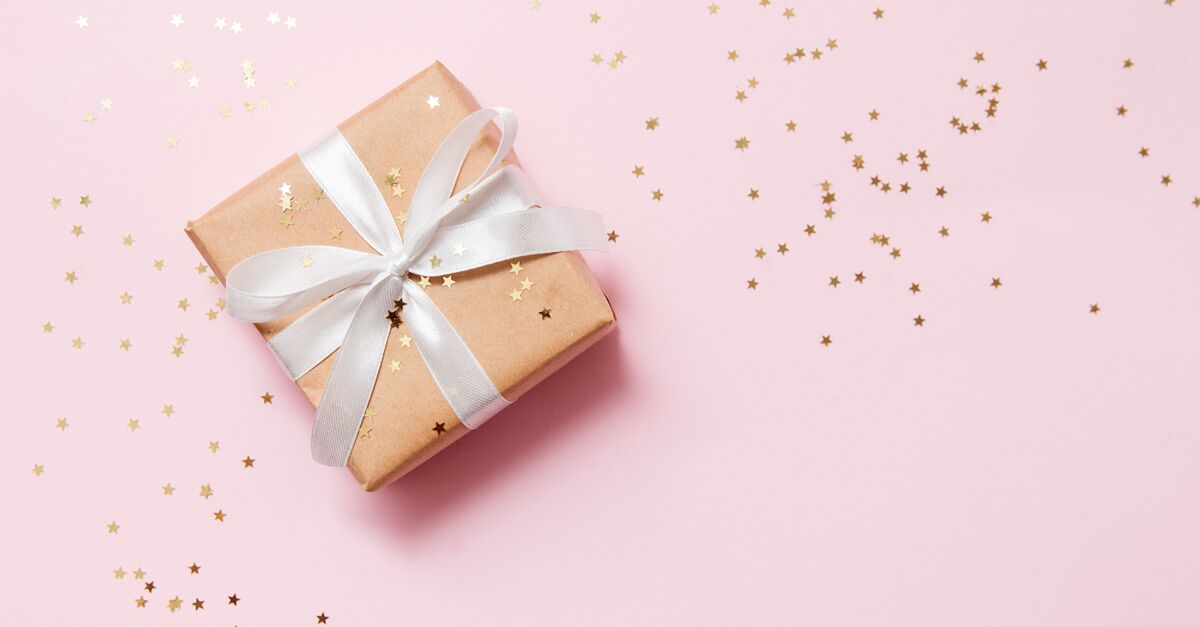
The Gift-Giving Etiquette
Dutch people are practical, and their gift-giving reflects this trait. Don’t expect extravagant or overly fancy presents. Simple, thoughtful, and useful gifts are greatly appreciated.
Gift Ideas
Here are some foolproof gift ideas for a Dutch birthday:
- Books: A good read is always welcome.
- Flowers: A bouquet of fresh flowers is a lovely gesture.
- Gift Cards: Perfect for those who are hard to shop for.
- Home-made Goods: Think jams, baked goods, or a crafted item.
The Age Milestones
Certain ages are extra special in Dutch culture, and they come with their own set of traditions and expectations.
The 50th Birthday: Abraham and Sarah
Turning 50 is a significant milestone. Men turning 50 are said to “see Abraham,” and women “see Sarah.” This comes from a biblical reference, and the celebration often includes humorous decorations and sometimes even a life-sized doll of Abraham or Sarah placed in the garden.
Sweet 16 and 18
While not as extravagant as in some cultures, turning 16 and 18 are still important. At 18, a Dutch person is officially an adult, and this often comes with a bit more fanfare.
Exquisite Birthday Cakes
Dutch birthday cakes are a treat to both the eyes and the taste buds. They’re usually simple yet delicious, and often homemade.
Popular Dutch Cakes
Here’s a table of some popular Dutch birthday cakes and their key ingredients:
| Cake Name | Key Ingredients | Description |
|---|---|---|
| Appeltaart | Apples, cinnamon, raisins | A Dutch apple pie, often served with cream. |
| Vlaai | Various fruits, custard | A Limburg specialty pie with various fillings. |
| Boterkoek | Butter, sugar, flour | A dense, buttery cake. |
Cake Serving Etiquette
In the Netherlands, the birthday person serves the cake to their guests. It’s a way to thank everyone for coming and a nice personal touch.
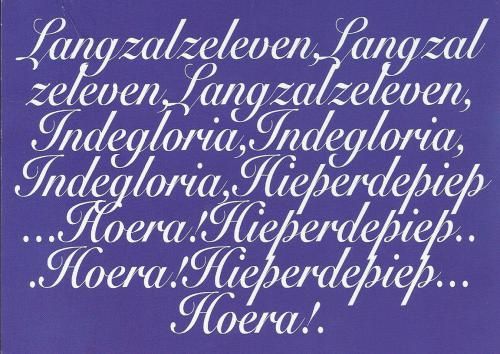
The Birthday Song
The Dutch birthday song, “Lang zal ze leven,” is a lively tune that’s sung with gusto. The lyrics translate to “Long shall they live,” and it’s repeated with increasing enthusiasm.
Lyrics Breakdown
Here’s a snippet of the song:Copy
Lang zal hij/zij leven,
Lang zal hij/zij leven,
Lang zal hij/zij leven in de gloria,
In de gloria, in de gloria.
Feel free to belt it out, even if you’re tone-deaf. It’s the enthusiasm that counts!
Conclusion
Dutch birthday traditions are a delightful blend of simplicity, inclusivity, and practicality. From the circle parties to the communal congratulations, every element is designed to bring people together and celebrate life’s milestones in a warm and personal way. The emphasis on conversation and connection, rather than extravagance, highlights a cultural value that prioritizes human interaction over materialism.
Whether you’re congratulating everyone in sight, savoring a slice of homemade cake, or joining in the spirited singing of “Lang zal ze leven,” you’ll find that Dutch birthday celebrations are a memorable experience. They offer a unique glimpse into the Netherlands’ culture, where birthdays are not just personal milestones but communal celebrations of life and relationships.
So, next time you’re invited to a Dutch birthday party, don’t be surprised by the circle of chairs or the enthusiastic congratulations to everyone in the room. Embrace the opportunity to connect, laugh, and enjoy the simple pleasures that make Dutch birthdays truly special.
FAQs about Dutch birthday traditions
Why do the Dutch celebrate birthdays with a circle party?
The circle party is a hallmark of Dutch birthday celebrations because it promotes inclusivity and conversation. By sitting in a circle, everyone can see and talk to each other, creating a warm and intimate atmosphere. It’s all about fostering a sense of community and making sure no one feels left out.
What should I avoid bringing as a gift to a Dutch birthday party?
While the Dutch appreciate thoughtful and practical gifts, there are a few things you might want to avoid:
Expensive or extravagant gifts: The Dutch prefer modesty and practicality.
Alcohol: Unless you know the birthday person drinks, it’s safer to bring something else.
Personal care items: These can be seen as too intimate unless you know the person very well.
How do Dutch children celebrate their birthdays in school?
Dutch children often celebrate their birthdays at school by bringing treats (known as traktaties) for their classmates and teachers. These treats can be anything from cupcakes to small toys. The birthday child typically walks around the classroom, handing out the treats, and may even wear a special birthday hat or crown.
Are there any special birthday foods besides cake in the Netherlands?
Yes, besides the traditional birthday cake, there are several other treats that might make an appearance:
Dutch snacks like bitterballen and kaas (cheese): These savory bites are often served at birthday parties.
Stroopwafels: These caramel-filled waffle cookies are a beloved treat.
Oliebollen: These are deep-fried dough balls often dusted with powdered sugar, typically enjoyed during New Year’s celebrations but can also appear at birthdays.
Do the Dutch have any unique birthday sayings or toasts?
While the Dutch don’t have as many specific birthday sayings as some other cultures, they do have a few expressions:
“Gefeliciteerd!” This simply means “Congratulations!” and is used liberally at birthday parties.
“Lang zal hij/zij leven!” This is part of the birthday song and means “Long shall he/she live!”
“Proost!” This is the Dutch equivalent of “Cheers!” and is used when toasting to the birthday person’s health and happiness.
These FAQs should give you a deeper insight into the charming and unique ways the Dutch celebrate birthdays. If you ever find yourself invited to a Dutch birthday party, you’ll be well-prepared to join in the fun!
